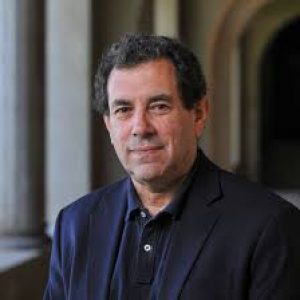Programs in Education
Stanford Children in Crisis Program
Program Overview
The Stanford Children in Crisis Program is the first university-based program to address the needs and improve the health and well-being of children in areas of political instability and civil conflict.
A collaboration between the School of Medicine and the Freeman Spogli Institute for International Studies, the program seeks to craft strategies that can protect civilian populations and overcome the obstacles to providing health services in politically volatile areas of the world. By bringing together specialists in global security, human rights, development, technological innovation, and public health, the Program is committed to developing the research and practical strategies that go beyond academic settings and make a difference in the real world.
Program Initiatives
Stanford Guatemala Child Health and Nutrition Program
Despite years of civil war and ongoing political instability, this community health worker program continued to produce dramatic declines in severe child malnutrition and mortality. New initiatives are underwsy to expand the program and technology to address prenatal care, newborn health and chronic illnesses, such as diabetes.
Children in War
The Children in Crisis (CIC) program is working with partners around the world to confront the growing threats to the protection and care of children caught up in violent conflict. The CIC contributed to major reports on civilian casualties during the battle of Mosul, Iraq, and cholera in Yemen. The CIC is leading a new initiative with the American Academy of Arts and Sciences on the humanitarian response to war and contributing to research and case study collaborations in Nigeria, South Sudan, Yemen, Colombia, Syria and Iraq.
Detained children on the US-Mexican Border
Given the CIC’s expertise in child health in complex political and security environments, particularly in Central America, the CIC is collaborating with a number of legal and frontline child health providers to inform policy deliberations and improve the treatment of migrant children in US government detention.
Training a new generation of leaders
Stanford faculty and students continue to participate in CIC educational and training programs, including coursework, research, and field work in Guatemala and other politically unstable countries around the world.

